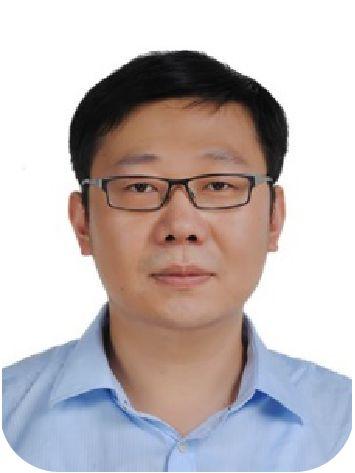|
AM1: Intelligent Knowledge Lakes: The Age Of Artificial Intelligence and Big Data
- Speakers: Amin Beheshti, Boualem Benatallah, Michael Sheng, Frank Schiliro
(Maquairue University & UNSW Sydney & Australia Federal Police, Australia)
- Abstract
The continuous improvement in connectivity, storage and data processing capabilities allow access to a data deluge from the big data generated on open, private, social and IoT (Internet of Things) data islands. Data Lakes introduced as a storage repository to organize this raw data in its native format until it is needed. The rationale behind a Data Lake is to store raw data and let the data analyst decide how to curate them later. Previously, we introduced the novel notion of Knowledge Lake, i.e., a contextualized Data Lake, and proposed algorithms to turn the raw data (stored in Data Lakes) into contextualized data and knowledge using extraction, enrichment, annotation, linking and summarization techniques. In this tutorial, we introduce Intelligent Knowledge Lakes to facilitate linking Artificial Intelligence (AI) and Data Analytics. This will enable AI applications to learn from contextualized data and use them to automate business processes and develop cognitive assistance for facilitating the knowledge intensive processes or generating new rules for future business analytics.

AM2: Local Differential Privacy: Tools, Challenges, and Opportunities
- Speaker: Haibo Hu (The Hong Kong Polytechnic University, Hong Kong SAR)
- Abstract
Local Differential Privacy (LDP), where each user perturbs her data locally before sending to an untrusted party, is a new and promising privacy-preserving model. Endorsed by both academia and industry, LDP provides strong and rigorous privacy guarantee for data collection and analysis. As such, it has been recently deployed in many real products by several major software and Internet companies, including Google, Apple and Microsoft in their mainstream products such as Chrome, iOS, and Windows 10. Besides industry, it has also attracted a lot of research attention from academia. This tutorial first introduces the rationale of LDP model behind these deployed systems to collect and analyze usage data privately, then surveys the current research landscape in LDP, and finally identifies several open problems and research directions in this community

PM3: Knowledge Graph Data Management: Models, Methods, and Systems
- Speaker: Xin Wang (Tianjin University, China)
- Abstract
With the rise of artificial intelligence, knowledge graphs have
been widely considered as a cornerstone of AI. In recent years, an increasing
number of large-scale knowledge graphs have been constructed and
published, by both academic and industrial communities, such as DBpedia,
YAGO, Wikidata, Google Knowledge Graph, Microsoft Satori,
Facebook Entity Graph, and others. In fact, a knowledge graph is essentially
a large network of entities, their properties, semantic relationships
between entities, and ontologies the entities conform to. Such kind of
graph-based knowledge data has been posing a great challenge to the
traditional data management theories and technologies. In this paper,
we introduce the state-of-the-art research on knowledge graph data management,
which includes knowledge graph data models, query languages,
storage schemes, query processing, and reasoning. We will also describe
the latest development trends of various database management systems
for knowledge graphs.

|






